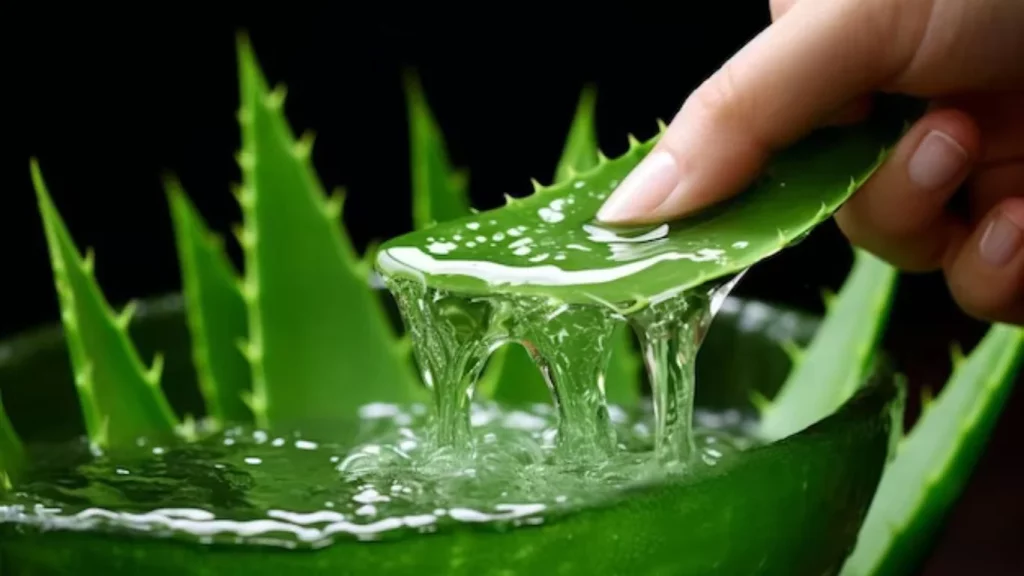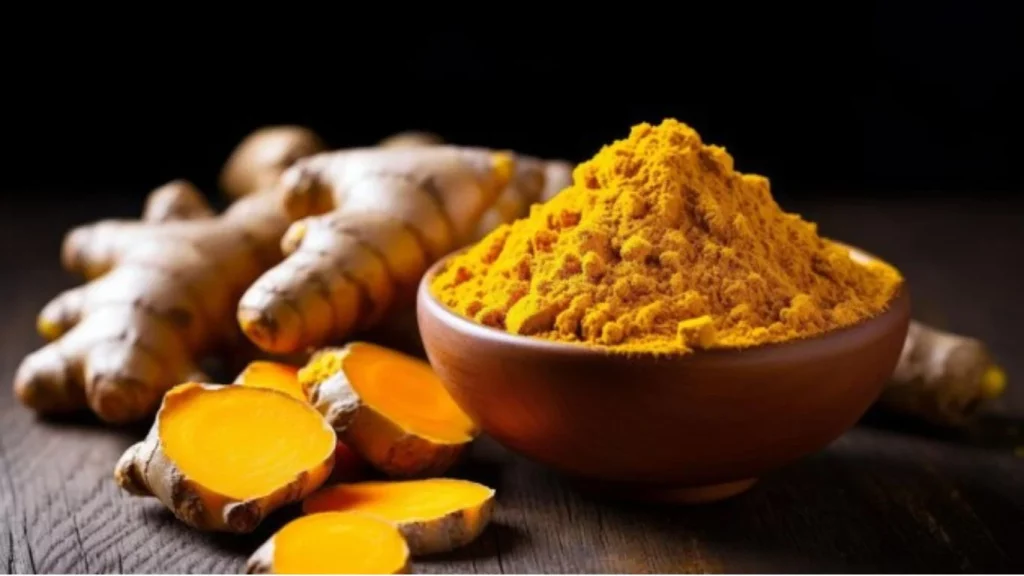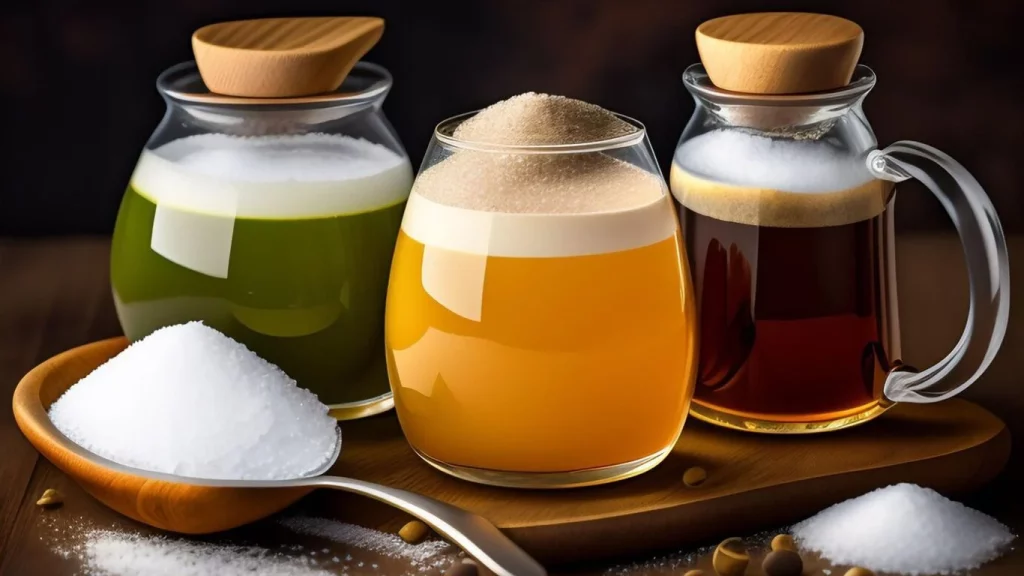A well-functioning gut is fundamental to overall health, influencing digestion, nutrient absorption, and even immune function. This comprehensive guide explores natural ways to detox your gut, promoting digestive well-being through mindful lifestyle choices.
Gut Detoxification
Importance of a Healthy Gut
A healthy gut plays a crucial role in nutrient absorption, immune function, and overall well-being. Detoxifying the gut involves promoting a balanced and flourishing community of beneficial bacteria.
Signs Your Gut May Need Detoxification
- Digestive Issues: Bloating, gas, and irregular bowel movements.
- Food Sensitivities: Development of sensitivities to certain foods.
- Low Energy Levels: Fatigue and decreased energy despite a balanced diet.
- Skin Issues: Skin conditions like acne or eczema may be linked to gut health.

Natural Ways to Detox Your Gut
Hydration and Water Intake
Adequate hydration supports the natural detoxification processes of the gut. Water helps flush out toxins and aids in the movement of food through the digestive system.
High-Fiber Diet
Fiber-rich foods, such as fruits, vegetables, and whole grains, promote regular bowel movements and help remove waste from the body. Aim for a variety of colors and types of fiber for optimal gut health.
Incorporating Gut-Friendly Foods
Probiotics and Fermented Foods
Probiotics introduce beneficial bacteria into the gut. Include yogurt, kefir, sauerkraut, and kimchi in your diet to support a healthy gut microbiome.
Prebiotics for Gut Nourishment
Prebiotics are fibers that feed the good bacteria in your gut. Incorporate foods like garlic, onions, bananas, and asparagus to promote the growth of beneficial microbes.
Herbs and Supplements for Gut Detox
Aloe Vera
Known for its soothing properties, aloe vera can help reduce inflammation in the gut and support digestion. Incorporate aloe vera juice or gel into your routine with caution and moderation.

Turmeric
Turmeric contains curcumin, known for its anti-inflammatory properties. Consider adding turmeric to your meals or taking a supplement to support gut health.

Mind-Body Connection and Gut Health
Stress Management
Chronic stress can negatively impact gut health. Practice stress-reducing activities such as meditation, deep breathing, or yoga to support a healthy gut-brain connection.
Regular Exercise
Physical activity promotes gut motility and can contribute to a diverse gut microbiome. Find enjoyable ways to stay active for overall well-being.
Avoiding Gut Irritants
Processed Foods and Sugar
Processed foods and excessive sugar can disrupt the balance of gut bacteria. Choose whole, unprocessed foods and limit added sugars for optimal gut health.

Artificial Sweeteners
Some artificial sweeteners may negatively affect gut bacteria. Be mindful of their consumption and opt for natural sweeteners like stevia or honey.

Hydration for Gut Cleansing
Herbal Teas
Herbal teas, such as peppermint or ginger tea, can have soothing effects on the digestive system. They can be enjoyed throughout the day to stay hydrated.

Infused Water
Infuse water with fruits like lemon, cucumber, or mint for added flavor and potential digestive benefits. Staying hydrated supports the body’s natural detoxification processes.

Intermittent Fasting for Gut Reset
Understanding Intermittent Fasting
Intermittent fasting involves cycles of eating and fasting. This approach gives the digestive system a break, allowing it to reset and potentially promoting gut health.
Potential Benefits for Gut Health
Intermittent fasting may enhance the diversity of gut bacteria and reduce inflammation. Consult with a healthcare professional before adopting this approach, especially if you have underlying health conditions.
Seeking Professional Guidance
Consulting with a Healthcare Provider
Before making significant changes to your diet or lifestyle, consult with a healthcare provider. They can provide personalized advice based on your individual health needs.
Working with a Registered Dietitian
A registered dietitian can offer guidance on creating a gut-friendly diet plan tailored to your preferences and health goals. Their expertise ensures a balanced and sustainable approach.
Conclusion
Detoxifying your gut involves adopting a holistic approach that includes dietary choices, lifestyle practices, and mindful habits. By incorporating gut-friendly foods, staying hydrated, managing stress, and considering intermittent fasting, you can support a healthy and thriving digestive system.
FAQ’s
Detox plays a crucial role in digestive health by eliminating toxins, supporting the liver, and promoting a balanced gut environment. It can enhance nutrient absorption and contribute to overall digestive well-being.
Detoxing assists in removing harmful substances from the body, optimizing the digestive organs’ function, and promoting a healthier balance of gut bacteria. This, in turn, supports better digestion and nutrient absorption.
Signs of a digestive system in need of detox may include bloating, irregular bowel movements, fatigue after eating, and persistent indigestion. A detox can help address these issues and restore digestive balance.
Foods such as fiber-rich fruits and vegetables, fermented foods, and those high in antioxidants contribute to digestive health during a detox. These foods support the elimination of toxins and promote a healthy gut.
Yes, detoxing can alleviate bloating and gas by promoting a more efficient digestive process. It helps reduce inflammation and supports the elimination of gas-producing substances from the digestive tract.
The duration of a digestive health detox varies based on individual needs and goals. Short-term detox plans may last a few days to a week, while long-term adjustments to dietary habits can contribute to sustained digestive health.
